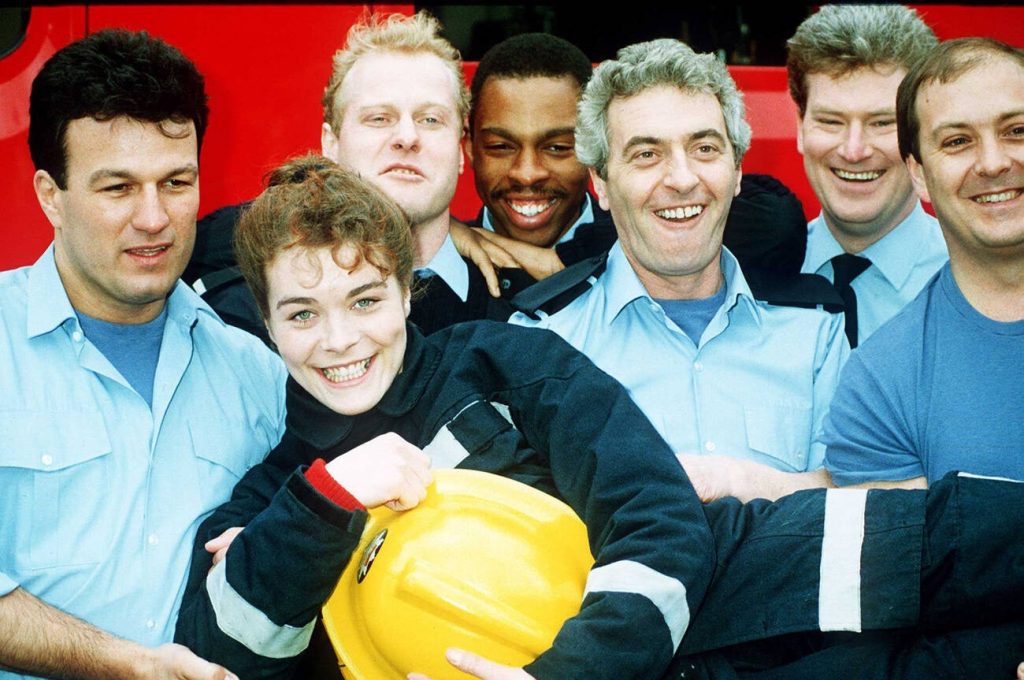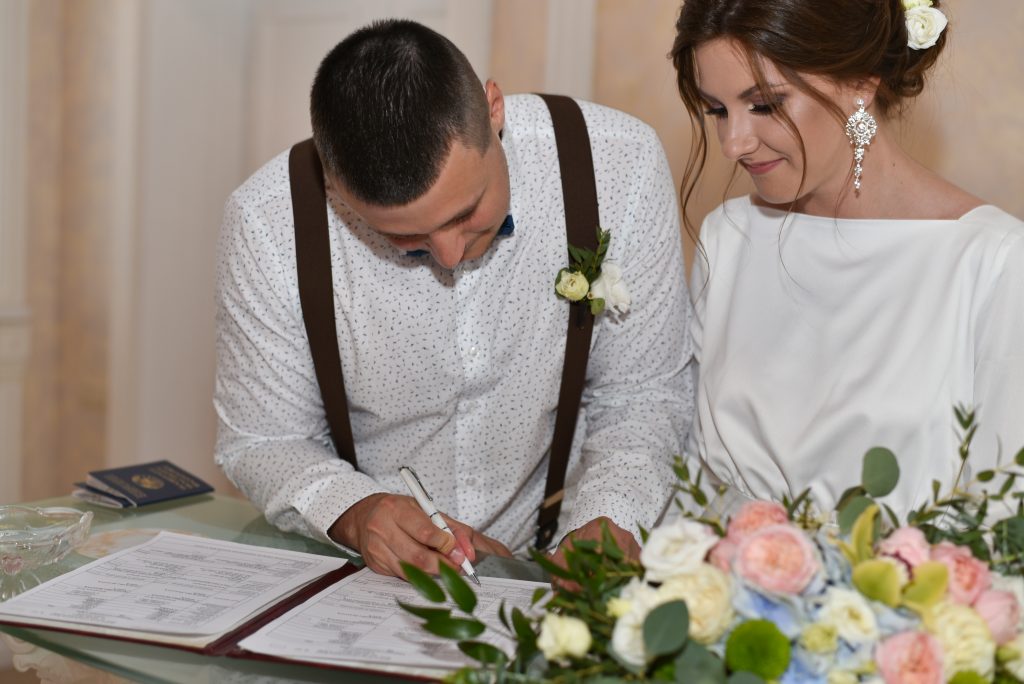Planning a wedding is like embarking on a journey filled with excitement, dreams, and, admittedly, a bit of anxiety. It’s a time when every couple wants to ensure that their special day reflects their love story, while also providing an unforgettable experience for their guests. However, one of the first questions that pop up in this whirlwind of planning is, “How long does it actually take to plan a wedding?”
This question is more than just a matter of curiosity—it’s a crucial step in setting realistic expectations and creating a timeline that allows you to bring your vision to life without unnecessary stress. Whether you’re dreaming of a grand affair or a more intimate celebration, understanding the insights and averages related to wedding planning timelines can provide a solid foundation for your journey.
In the following sections, we’ll delve into the factors that influence the duration of wedding planning, share expert opinions, and offer average timelines to help you navigate this exciting phase of your life with confidence.
Average Wedding Planning Timeline
To efficiently plan your wedding, it is crucial to understand the average wedding planning timeline, which typically ranges from 6 to 12 months, extendable to 18 months for a well-prepared and memorable celebration. Stress management plays a significant role during this time. Allocating your budget wisely, focusing on essential elements, and avoiding unnecessary expenses can help alleviate financial stress. Vendor selection is another critical aspect. Researching and choosing reputable vendors who align with your vision and budget are key to a successful wedding. Effective guest communication is vital. Keeping guests informed about important details like the date, location, and accommodations will ensure a smooth experience for everyone. Lastly, customizing your timeline to fit your needs and preferences can help reduce stress and make the planning process more manageable. By incorporating these strategies, you can navigate the wedding planning timeline with confidence and create the celebration of your dreams.
Starting the Wedding Planning Process
Understanding the average wedding planning timeline sets the foundation for kicking off the process of preparing for your big day. To start the wedding planning journey, begin by selecting a venue that aligns with your vision. Next, focus on effective budget management to ensure your dream wedding stays within financial boundaries. Crafting a guest list comes next, considering the important people you want to share your special day with. Engage in creative theme brainstorming sessions to infuse personalized touches into your celebration. Lastly, dive into vendor negotiations to secure the best services for your event. By tackling these steps early on, you pave the way for a smoother planning process and reduce stress as the big day approaches. Remember, early planning allows for flexibility and the opportunity to thoroughly enjoy every aspect of creating your perfect wedding day.
Benefits of Hiring a Wedding Planner
Hiring a wedding planner not only saves you time and reduces stress but also ensures a seamless and memorable celebration for both you and your guests. One of the key benefits of hiring a wedding planner is the cost-effective solutions they offer. By leveraging their industry connections and expertise, they can help you stay within budget while still achieving your dream wedding. Additionally, wedding planners excel in stress management, alleviating the pressure that comes with coordinating various aspects of the event. Their vendor coordination skills ensure that all suppliers work harmoniously, leading to a cohesive and flawless execution. Wedding planners also bring creative input to the table, helping you design a unique and personalized event that reflects your style. Ultimately, the time-saving benefits of having a professional planner handle the logistics allow you to focus on enjoying the journey to your special day without getting overwhelmed by the details.
Pros and Cons of Long Engagements
As you embark on the journey of wedding planning, considering the pros and cons of a long engagement can significantly impact your overall experience and decision-making process. Long engagements offer advantages such as ample time to save up, secure preferred vendors, and focus on DIY elements. They also allow you to avoid last-minute rush and have a more organized celebration. However, drawbacks of a long engagement include potential emotional challenges due to changing wedding visions, unexpected disruptions, and alterations in bridal party dynamics. Time management becomes crucial during long engagements to prevent planning frustrations and maintain stable relationship dynamics. While the extended duration provides space for evolving styles and tastes, it may also lead to decision fatigue and overwhelm from endless options. It’s essential to weigh these factors carefully when deciding on the length of your engagement to ensure a smooth and enjoyable wedding planning process.
Wedding Planning Timeline Duration
For a smooth and efficient wedding planning process, establishing a clear timeline duration is essential to ensure every detail falls into place seamlessly. When considering the duration, factors like destination weddings, budgeting, DIY decor, and the guest list play a crucial role. Venue selection, creating a timeline, managing the bridal party, handling stress effectively, making vendor bookings, and maintaining clear communication are all vital components to include in your planning timeline. Destination weddings typically require 12-16 months for thorough planning, while smaller weddings with fewer guests can be organized more quickly. Stress management techniques should be integrated into your timeline to ensure a balanced approach. Efficient communication with vendors and within the bridal party is key to staying on track. By carefully structuring your wedding planning timeline around these elements, you can navigate the process effectively and create a memorable event that aligns with your vision and expectations.
Engagement Duration Considerations
Consider your engagement duration thoughtfully, as it plays a significant role in shaping your wedding planning journey and overall experience. When deciding how long your engagement should be, keep in mind the following factors:
- Vendor Selection: Longer engagements provide more time to research and secure your preferred vendors, ensuring you get the best choices for your special day.
- Decision Making Balance: Short engagements may require quick decisions, while longer ones offer more time to contemplate and make choices that align with your vision.
- Relationship Growth: The duration of your engagement can be a period of personal and relational growth as you navigate wedding planning together.
- Budget Management: Longer engagements can help in better budget planning and saving, spreading out costs over time to reduce financial stress.
- Stress Levels: Consider how the length of your engagement might impact your stress levels and overall enjoyment of the planning process.
Carefully weighing these considerations will help you determine the optimal duration for your engagement, setting the tone for a successful wedding planning journey.
Long Vs. Short Engagements Analysis
Engagements of varying lengths offer distinct advantages and considerations for couples embarking on the wedding planning journey. When deciding between a long or short engagement, it’s essential to weigh the pros and cons to find what suits your preferences best. Here’s a comparison of long vs. short engagements:
| Long Engagement Pros | Long Engagement Cons | Short Engagement Pros |
|---|---|---|
| Ample time to save up and secure bookings with preferred vendors. | Overwhelm from endless options and choices. | Romantic and focused planning. |
| Opportunity for DIY elements and organized celebrations. | Impatience and changing wedding vision. | Less decision fatigue and quick momentum. |
| More time for making decisions and potential style changes. | Unexpected disruptions and bridal party changes. | Hiring a planner ensures efficiency. |
Analyzing these aspects can help you determine the ideal engagement length for your wedding planning journey.
Efficient Wedding Planning Strategies
When optimizing your wedding planning process, focus on efficient strategies that streamline your decision-making and vendor selection. Efficient wedding planning strategies include:
- Quick decision making: Decisiveness is key to avoid getting caught up in endless options.
- Vendor selection: Research and book vendors promptly to secure your preferred choices.
- Budget management: Keep track of expenses and prioritize where to allocate funds.
- Time flexibility: Be open to adjusting timelines to accommodate changes or unexpected circumstances.
Efficient coordination is essential to ensure all aspects of your wedding come together seamlessly. By implementing these strategies, you can navigate the planning process with ease and create a memorable event without unnecessary stress. Prioritizing efficiency in decision-making, vendor interactions, budgeting, and time management will help you achieve a well-organized and successful wedding celebration.











